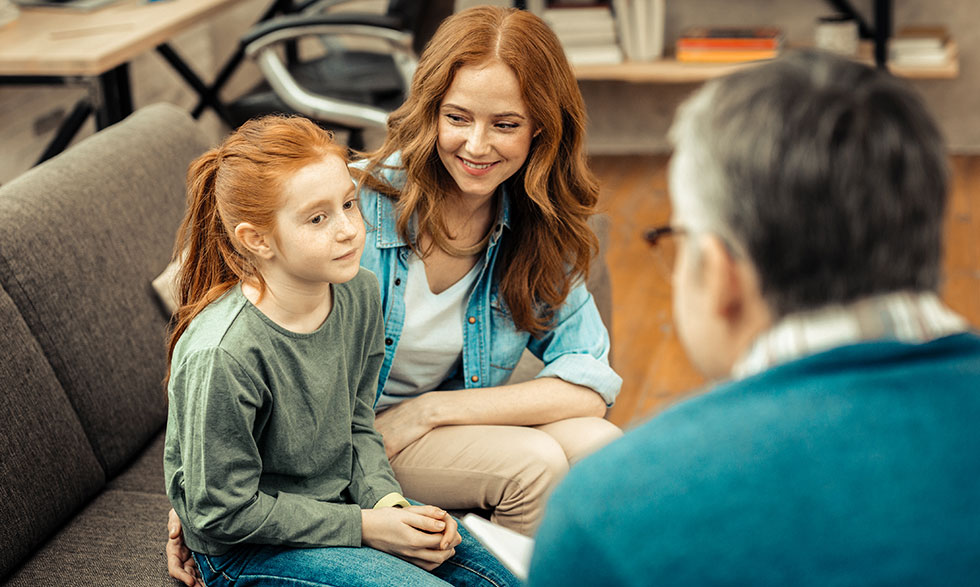
The best way to help children with an anxiety disorder may be to help their parents first, a new NIH-funded study has found.
Most children worry or feel anxious from time to time. But for children with an anxiety disorder, their feelings are more constant and intense. It can cause problems at school, disrupt their sleep, and prevent them from making friends.
To help their children deal with anxiety, many parents try to accommodate them. For example, they might sleep in their bedroom to calm nighttime fears or avoid social situations that upset the child.
While this works temporarily, it doesn’t teach the child how to deal with worries on their own as they get older.
NIH-supported researchers with the Yale Child Study Center decided to take a different approach. They taught parents how to respond to their child’s anxieties in new ways.
The new program assigned 124 children, ages 7 to 14, who had been diagnosed with an anxiety disorder, to receive weekly cognitive behavioral therapy (CBT) sessions. The sessions helped them learn strategies to cope with their worries.
Half of the parents went through a training program at the same time. These parents learned supportive ways to respond to their child’s anxiety and ways to change their own accommodating behavior.
After 12 weeks, the authors found that CBT had reduced the children’s levels of anxiety. They also found that parents who were in the training program (compared to those who were not) exhibited a lower level of parenting-related stress.
Though treatment like CBT can teach children ways to cope with their worries and emotions, only about half of them respond well to it. This dual approach may help children who don’t respond well to CBT.
